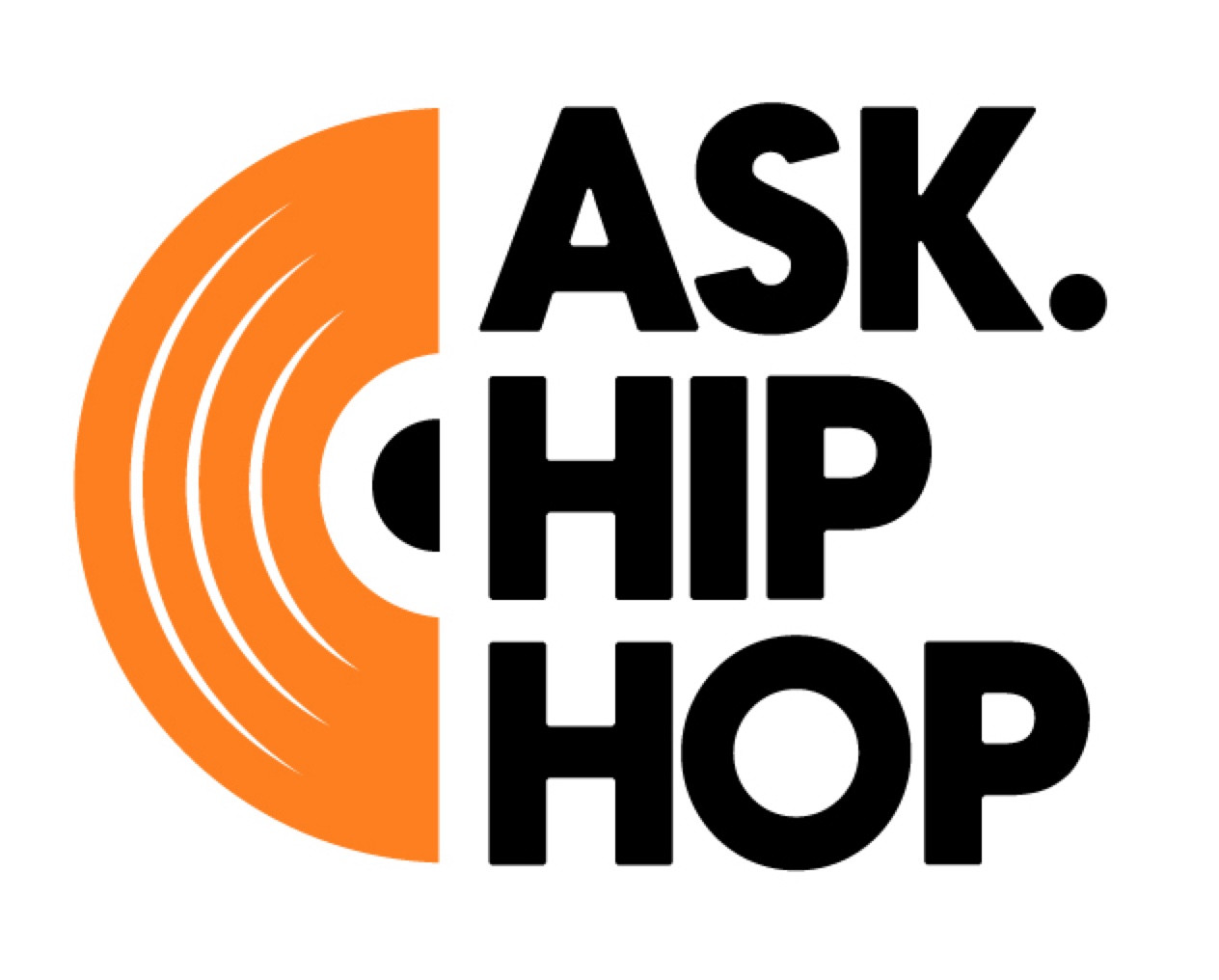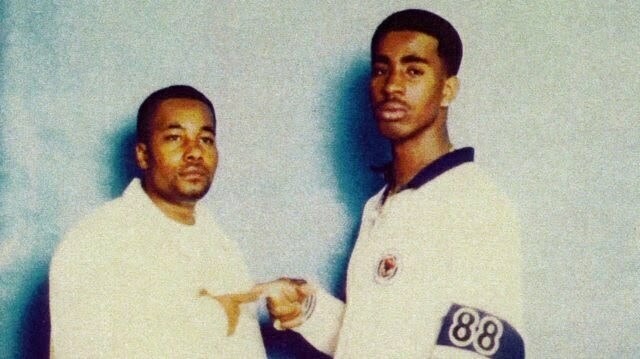The Tragic Day in Compton: A Tale of Loss, Violence, and the Controversial Drive-by Law
On a fateful day, May 29, 1998, the Anderson family of Compton was struck with the tragic news of Utah Williams, the 85-year-old matriarch, passing away due to a fall. Amidst this backdrop of grief, a series of events unfolded that would leave a lasting impact on several lives.
Grief Leads to Unexpected Choices
Despite having no history of substance abuse, Orlando Anderson, still reeling from the loss, sought solace with his Southside Crip associate, Michael Reed Dorrough. The duo, looking for a brief respite, decided to grab a bite at Mom’s Burgers. It was around 3:10 p.m. when things took a turn. Driving near Compton High School, they decided to stop at Rob’s Car Wash, not too far from their burger destination.
The Altercation That Led To Orlando’s Death
At the car wash, Anderson found himself in a heated dispute over an unsettled drug debt with Jerry “J Dog” Stone, associated with the Corner Pocket Crips. As the confrontation intensified, Michael “Big Stone”, Jerry’s older brother, made his presence felt by brandishing a weapon.
Eyewitnesses at the scene recall Michael Dorrough’s attempts to defuse the situation, urging Jerry to put the gun away. But tensions peaked when Anderson pulled out his weapon, leading to a fierce exchange of bullets.
When the smoke cleared, Anderson had shot Jerry but was fatally injured by Michael Stone. Dorrough, in the thick of things, managed to pick up Anderson’s gun and, despite his injuries, retaliated by killing Michael.
In an attempt to flee the chaos, Dorrough, driving from the passenger seat, lost control and crashed Anderson’s vehicle. The loud gunfire, echoing just six blocks away from the local police station, swiftly drew the attention of law enforcement.
A Grim Aftermath
The aftermath was harrowing. Bullet-riddled vehicles, injured men, and an overwhelming sense of loss marked the scene. Though all four men involved were rushed to the Martin Luther King Jr. Drew Medical Center, only Dorrough came out alive. The tragic day claimed the lives of Orlando Anderson and the Stone brothers.
Michael Reed Dorrough’s Legal Battle
Surviving the ordeal physically, Michael Dorrough faced another battle: a legal one. Held accountable for the deaths due to California’s drive-by shooting laws, he was convicted and sentenced on October 6, 1999, to three life terms without parole, with an added 49 years.
His defense, led by attorney Robert Derham, argued that the laws, designed primarily for gang-related drive-by shootings, were misapplied in Dorrough’s case. Derham emphasized that Dorrough, being in the car, did not mean the incident was a premeditated drive-by.
However, U.S. Deputy Atty. Gen. John Yang countered that the event was, in every sense, a drive-by, with the vehicle central to both the crime’s commission and escape.
Though the appellate court affirmed Dorrough’s conviction, his attorney remains adamant in contesting the prosecutors’ narrative. The case serves as a stark reminder of the intricate relationship between crime, law, and the communities they impact.



